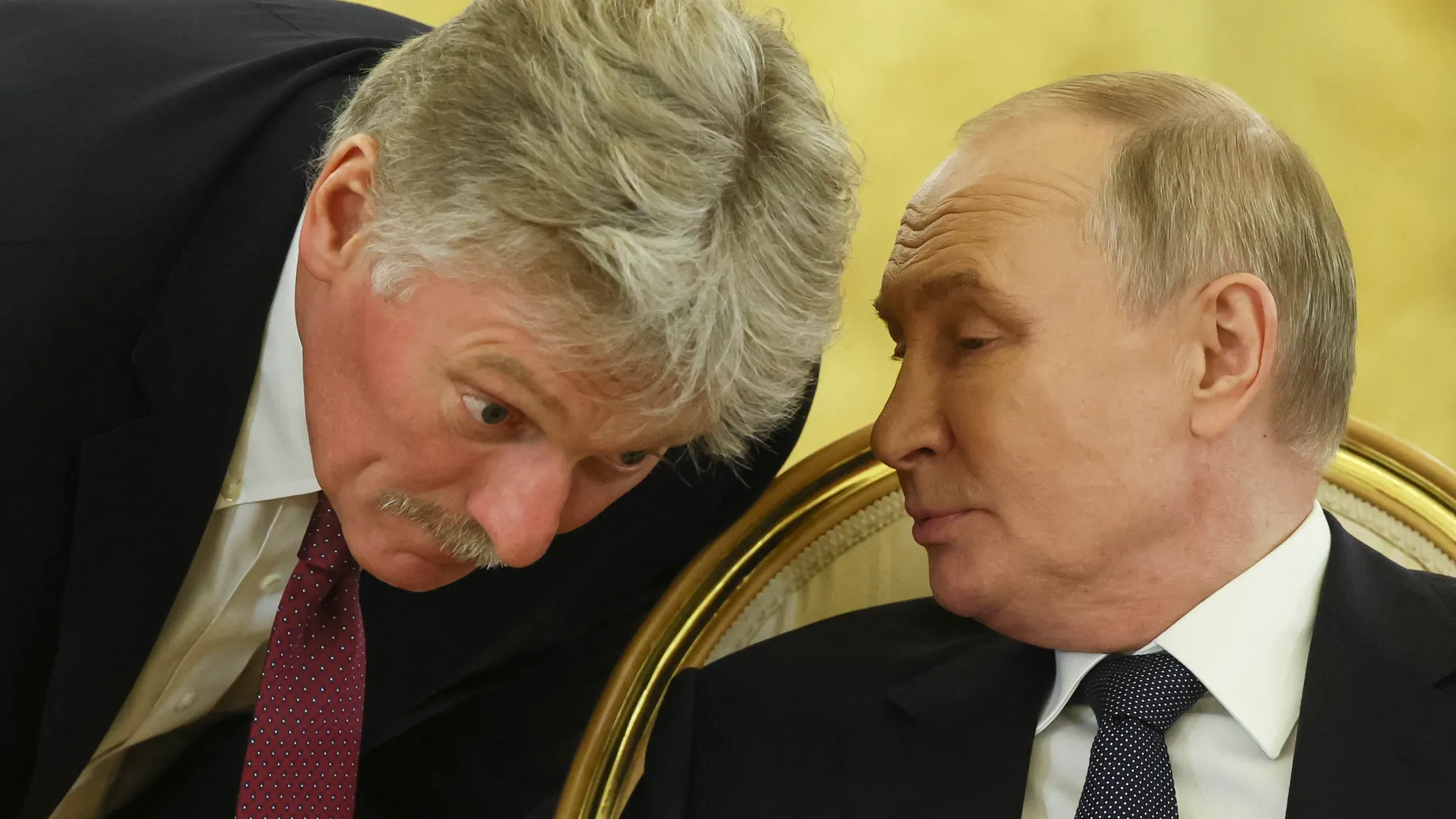Ukrainian forces have delivered a painful blow to the reputation of the Russian military: deep behind enemy lines, thousands of kilometers from the front, strategic aircraft were destroyed. This operation by Ukraine’s intelligence agency became not only a military success but a media triumph — against a backdrop of Kremlin silence, disoriented propagandists, and panic among war bloggers.
According to Der Spiegel, the attack was meticulously planned and carried out using drones, targeting the Olenya airbase near Murmansk and the Belaya airbase in the Irkutsk region. Russia’s Ministry of Defense attempted to downplay the scale of the operation, stating via Telegram that “only a few aircraft” caught fire, the fires were extinguished quickly, and some of the “terrorists” were arrested. It also claimed that three additional attacks had been repelled.
But the facts told a different story. According to Western analysts, at least nine aircraft were disabled, including strategic bombers Tu-22 and Tu-95, regularly used for missile attacks on Ukrainian targets and central to Russia’s nuclear deterrence strategy. Kyiv claims it destroyed or damaged up to 40 pieces of equipment in total.
Drones Versus a Nuclear Power
The mere fact that the attack succeeded has become a symbol of Russia’s military vulnerability. In Siberia, according to local reports, truck drivers tried to knock the drones out of the sky using sticks and stones — a video of this absurd episode went viral on social media. A scene worthy of military grotesque: a nuclear-armed superpower defending strategic assets with improvised weapons. Where were the air defense systems? Where was electronic warfare? Where was counterintelligence? These questions are now louder than the Kremlin’s announcements.
As Der Spiegel notes, the strike recalls earlier Ukrainian surprise victories: the explosion on the Crimean Bridge, the sinking of the cruiser Moskva. This time, the target wasn’t territory — it was symbolism. And the ambitions of Vladimir Putin, who has recently exuded increasing confidence in victory and threatened to seize new Ukrainian regions, including Sumy and Kharkiv.
Kremlin Silence, Bloggers’ Rage
Official Moscow remained silent for nearly a day. Even the main propaganda figureheads, like Dmitry Kiselyov, made no mention of the debacle in their broadcasts. Instead, airtime was once again used to criticize Western leaders — particularly German Chancellor Friedrich Merz.
Meanwhile, military bloggers took the lead. One of the most well-known Telegram channels, Notes of a Veteran, wrote: “This is a black day for Russia’s strategic aviation. Until we start fighting like adults, nothing will change. The enemy is devious, cunning, and still strong.” The channel Rybar, closely linked to the Ministry of Defense, declared that continuing negotiations with Ukraine after such attacks would be a sign of political weakness.
The Rhetoric of Retaliation — But Against What?
The question of a possible Russian response remains open. War correspondent Alexander Kots called for a “harsh blow against Ukraine,” but what that would entail is unclear — Ukrainian cities are already being bombarded regularly, and Kyiv was once again targeted by drones and missiles just recently.
It is possible that the Kremlin will once again fire its new “Oreshnik” intermediate-range missile, which Russia claims can carry nuclear warheads. A similar missile was previously used to strike a defense plant in Dnipro.
Meanwhile, according to Moskowskij Komsomolets, the drone strikes cast a “dirty shadow” over ongoing negotiations in Istanbul. The newspaper framed the situation as though Ukraine was sabotaging the peace process, omitting the fact that Russia has been attacking Ukrainian territory for over 1,195 days. Nor did the paper clarify that the circumstances of recent railway sabotage incidents remain unclear.
A Blow Not to Bases — But to the Image of Power
Ukraine’s successful intelligence operation made one thing clear: depth alone no longer ensures safety inside Russia. The attack was not a blow to infrastructure — it was a blow to image. And image, built on the performance of strength, turned out to be the most vulnerable part of the system.
While Vladimir Putin continues to project unshakable confidence and issue threats, Ukrainian drones are disrupting the illusion of control. And as Der Spiegel writes, this may mark the beginning of a new phase of the war — one where the front line is no longer just territorial, but psychological and symbolic.
This article was prepared based on materials published by Der Spiegel. The author does not claim authorship of the original text but presents their interpretation of the content for informational purposes.
The original article can be found at the following link: Der Spiegel.
All rights to the original text belong to Der Spiegel.


















